Chile history is a tale of diverse landscapes, indigenous cultures, Spanish colonization, struggles for independence, political evolution, and economic transformations. From the ancient civilizations that inhabited the region to the modern socio-political landscape, Chile’s story is marked by distinct chapters that have shaped its identity. In this comprehensive exploration, we will delve into key periods and milestones, unraveling the layers of Chile’s complex and rich history.
Pre-Columbian Chile:
The history of Chile begins with its indigenous peoples, who inhabited the region long before the arrival of Europeans. The central and southern areas of Chile were home to various indigenous groups, including the Mapuche, Huilliche, and Picunche. The Atacama Desert in the north was inhabited by cultures like the Atacameño and Diaguita.
The Mapuche, in particular, established a formidable presence in central and southern Chile. Known for their resistance against both the Inca Empire and later Spanish colonization, the Mapuche maintained a distinct cultural identity and a strong connection to their ancestral lands.
The coastal region of Chile was also explored by seafaring cultures, such as the Chango people, who adapted to the maritime environment and engaged in fishing and shellfish gathering.
Spanish Colonization (16th – 18th centuries):
The first European to reach Chile was the Spanish conquistador Diego de Almagro in 1536. However, it was Pedro de Valdivia who, in 1541, founded Santiago, the capital of what would become the Captaincy General of Chile. The Spanish crown sought to exploit Chile’s resources, including gold and silver, and established a system of encomiendas to distribute land and indigenous labor among Spanish settlers.
The colonization of Chile was marked by conflicts with indigenous populations, especially the Mapuche, who fiercely resisted Spanish expansion. The Arauco War (1536–1821) became a protracted struggle between the Mapuche and the Spanish, with the Bio-Bio River serving as a semi-permanent frontier.
The Jesuit and Franciscan missions played a role in cultural assimilation, introducing Christianity and European customs to indigenous communities. The Spanish Crown aimed to integrate indigenous peoples into colonial society, but the resistance persisted.
Struggle for Independence (19th century):
The early 19th century brought waves of independence movements across Latin America, and Chile was no exception. The quest for autonomy gained momentum as patriots sought to break free from Spanish rule and establish independent nations.
The seeds of Chilean independence were sown in 1810 when a junta in Santiago, inspired by events in Europe and North America, declared autonomy from Spain. This marked the beginning of the Chilean War of Independence.
The pivotal Battle of Chacabuco in 1817, led by José de San Martín and Bernardo O’Higgins, marked a turning point. Chile achieved its independence, and O’Higgins became the leader of the new nation. However, it was not until the Battle of Maipú in 1818 that Chile definitively secured its independence.
Bernardo O’Higgins became the Supreme Director of Chile, but political and social challenges persisted. The period following independence saw debates over the form of government, tensions between centralists and federalists, and conflicts with Peru and Bolivia.
Political Turmoil and the Consolidation of the Republic (19th century):
The 19th century in Chile was marked by political instability, with changes in government, regional conflicts, and ideological struggles. The conflict between conservatives and liberals shaped the nation’s political landscape.
The conservative period, under Diego Portales, was marked by the establishment of a strong central government and the adoption of a constitution in 1833. The presidency of Manuel Montt saw the implementation of liberal reforms, including the establishment of civil marriage and the extension of voting rights.
Economic development during this period was driven by the expansion of mining, agriculture, and trade. The discovery of nitrate deposits in the Atacama Desert brought economic prosperity but also raised questions of ownership and control.
The War of the Pacific (1879–1884) was a significant chapter that involved Chile, Peru, and Bolivia. The conflict arose over territorial disputes and control of nitrate resources. Chile emerged victorious, gaining substantial territories, including valuable nitrate fields.
Economic Growth and Social Changes (Late 19th – Early 20th centuries):
The late 19th century saw economic growth fueled by mining exports, particularly nitrate and copper. European immigrants, attracted by economic opportunities, contributed to Chile’s demographic diversity and cultural richness.
The introduction of railways and telegraph lines facilitated economic expansion and communication. The economy diversified, with industries such as textiles and manufacturing gaining prominence.
Social changes accompanied economic development. The labor movement began to take shape, advocating for workers’ rights and better working conditions. The early 20th century witnessed efforts to improve social legislation and workers’ rights, reflecting the evolving dynamics of Chilean society.
Political Changes and Social Reforms (20th century):
The 20th century brought significant political changes to Chile. In 1925, a new constitution was adopted, establishing a presidential system. However, political instability persisted, marked by frequent changes in government.
The mid-20th century saw the emergence of social and political movements advocating for workers’ rights and land reform. President Salvador Allende, a socialist, was elected in 1970, marking a historic moment as the first Marxist to be elected president in a country with a liberal democracy.
Allende’s presidency faced economic challenges, opposition from conservative forces, and international pressure. In 1973, a military coup led by General Augusto Pinochet ousted Allende. The coup resulted in a long period of military rule characterized by authoritarianism, human rights abuses, and repression of political dissent.
The Pinochet era brought significant economic changes, including neoliberal economic reforms led by economists known as the “Chicago Boys.” These policies aimed to liberalize the economy, privatize state-owned enterprises, and reduce government intervention.
Transition to Democracy (1980s – 1990s):
The 1980s saw growing opposition to the Pinochet regime, both domestically and internationally. Economic challenges, social inequality, and human rights abuses fueled calls for political change.
In 1988, a national plebiscite was held to determine whether Pinochet should stay in power. The majority voted against his continuation, leading to a transition to democracy. In 1990, Patricio Aylwin became Chile’s first democratically elected president after the end of the military dictatorship.
The transition to democracy involved addressing the legacies of the authoritarian regime, promoting human rights, and implementing economic reforms. Chile experienced economic growth during the 1990s, but social inequalities persisted.
Contemporary Chile (2000s – Present):
The 21st century has brought both challenges and opportunities for Chile. The country has continued to experience economic growth, driven by industries such as mining, agriculture, and services. However, issues of social inequality, education, and healthcare have become prominent in public discourse.
Mass protests erupted in 2011, with people demanding reforms to address social inequalities and improve access to education. The government responded with a series of measures, including educational reforms, but public discontent has persisted on various fronts.
In recent years, Chile has faced challenges related to political corruption, environmental concerns, and debates over the constitution. The country has been shaken by protests addressing issues such as pension reform, healthcare, and indigenous rights.
A key moment in Chile’s recent history was the constitutional plebiscite held in 2020, where the majority voted in favor of drafting a new constitution to replace the one inherited from the Pinochet era. The constitutional process, expected to be inclusive and participatory, represents a significant step in redefining Chile’s political and social framework.
Chile’s history is a dynamic narrative that reflects the resilience of its people and their ability to adapt to changing circumstances. From the indigenous cultures that flourished in diverse landscapes to the challenges of colonization, struggles for independence, and the complexities of modern governance, Chile’s story is a testament to its rich cultural heritage and the ongoing pursuit of social justice and progress.
As Chile continues to navigate the complexities of the 21st century, the nation faces opportunities to build on its achievements, address historical injustices, and shape a future that reflects the aspirations of its diverse population. The echoes of Chile’s past reverberate through its present, shaping its identity and influencing the trajectory of a nation that remains deeply connected to its history and committed to shaping its own destiny.


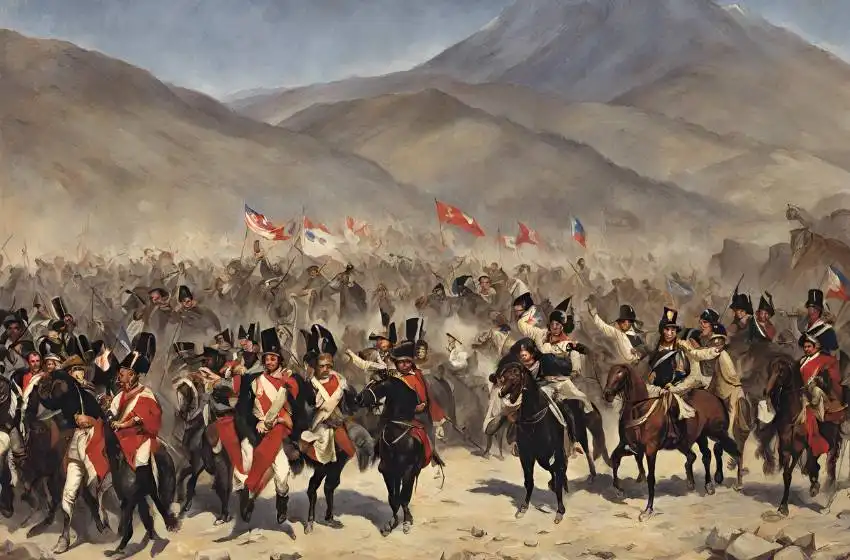
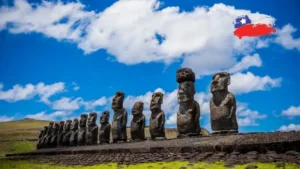
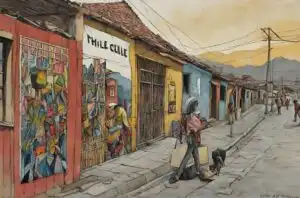



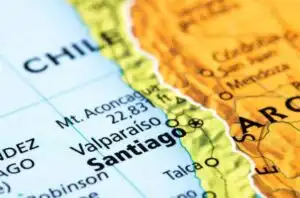

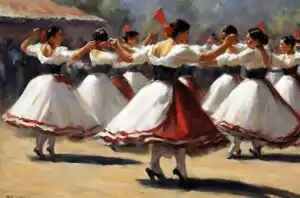

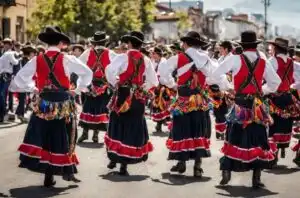








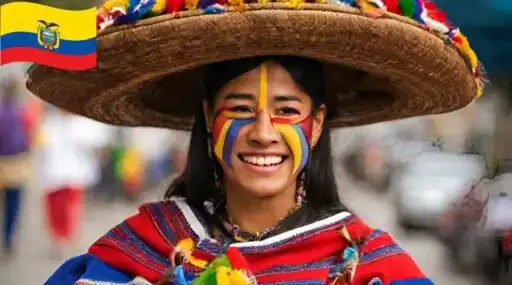


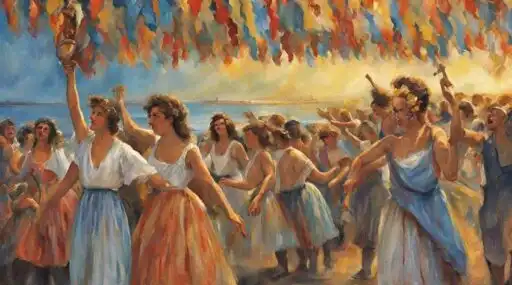

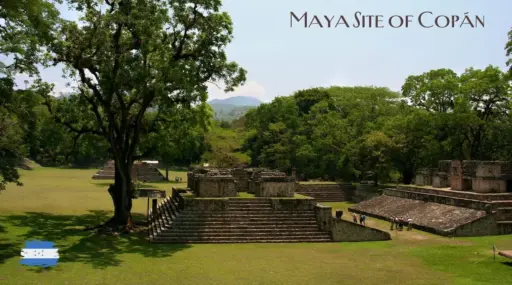



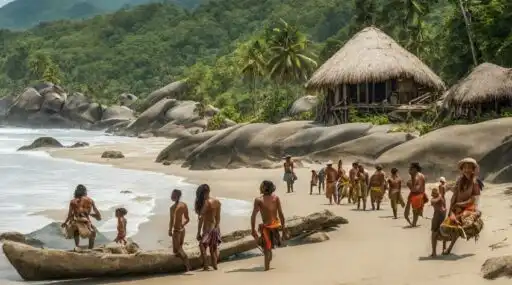
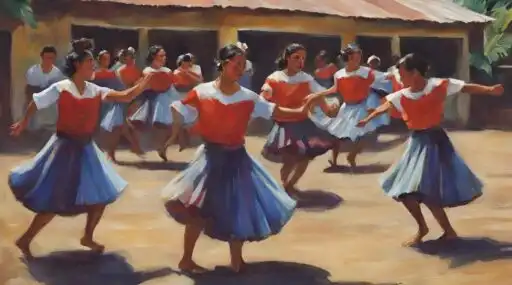


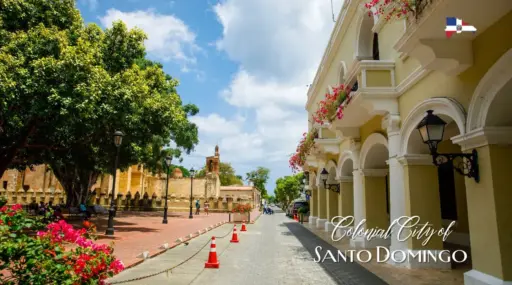




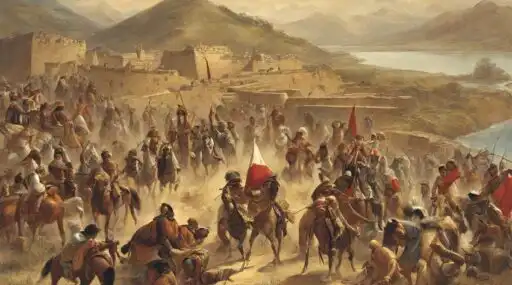

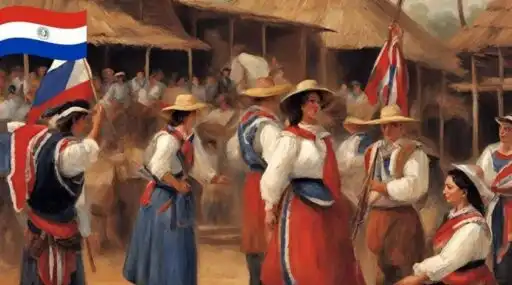


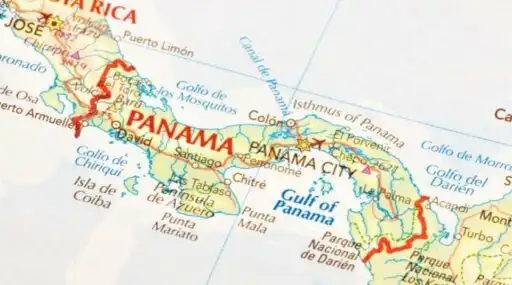

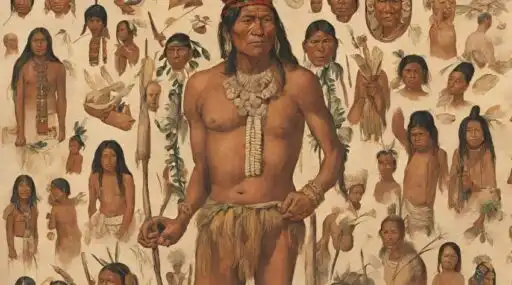
Leave a Reply